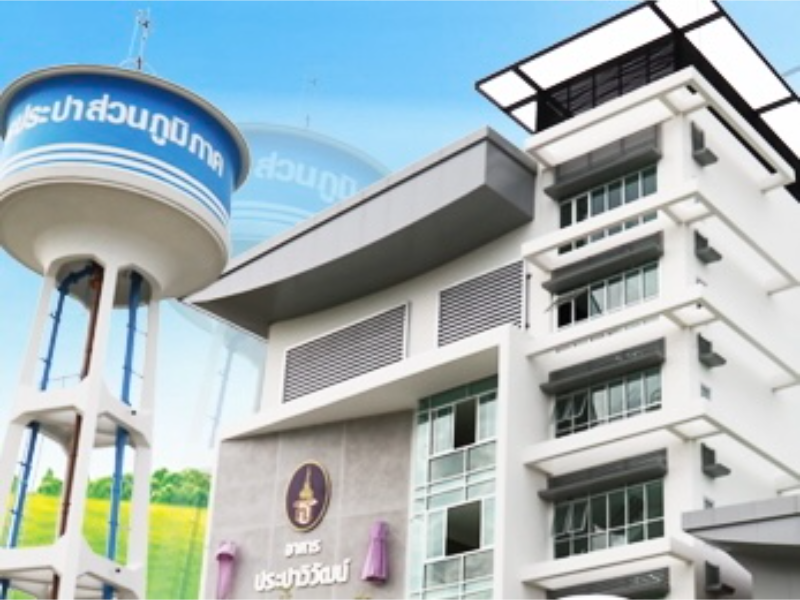- Oversees water supply for 74 provinces beyond Bangkok’s metropolitan area
- Operates 298 service branches with ISO-certified quality management systems
Sustaining communities through integrated water solutions
Established in 1979 under Thailand’s Ministry of Interior, the Provincial Waterworks Authority (PWA) has evolved into a cornerstone of national water infrastructure. The organisation manages raw water sourcing, treatment, and distribution for residential and commercial users across Thailand’s provincial territories, excluding Bangkok and its immediate suburbs. With a network spanning 1,800+ water supply systems, PWA serves over 12 million registered users, prioritising equitable access through its Smart Water Meter Programme and leak detection technologies.
Recent initiatives include the Climate-Resilient Water Supply Project, which combines reservoir upgrades with AI-powered consumption forecasting to address seasonal shortages. PWA collaborates with academic institutions on membrane filtration research and partners with local governments to expand coverage to remote villages. Unlike promotional narratives, the authority emphasises measurable outcomes: reducing non-revenue water to 18% and achieving 99.7% compliance with WHO drinking water standards in 2023 audits.
Also read: Can Singapore dive into underwater data centres? A solution for land and energy challenges
Also read: UIH: Thailand’s digital infrastructure leader
Balancing growth with environmental responsibility
PWA’s operational framework integrates sustainability benchmarks across three pillars: resource conservation, energy efficiency, and community education. The authority has retrofitted 85 treatment plants with solar-powered pumping systems since 2020, cutting grid energy dependence by 30%. Its watershed protection programmes engage 150+ villages in northern Thailand to prevent agricultural runoff, directly linking environmental stewardship with water quality preservation.
Looking ahead, PWA is piloting blockchain technology for transparent billing systems and testing IoT-enabled pressure sensors to optimise distribution networks. These technical upgrades align with Thailand’s 20-Year National Strategy, particularly in climate adaptation frameworks. However, challenges persist in financing rural infrastructure expansions and managing cross-provincial water allocation disputes—a reminder that water governance remains as much about policy coordination as technological implementation.

